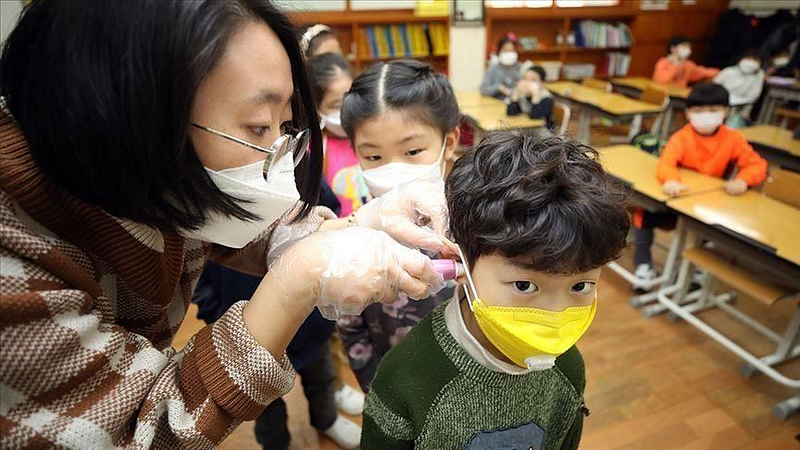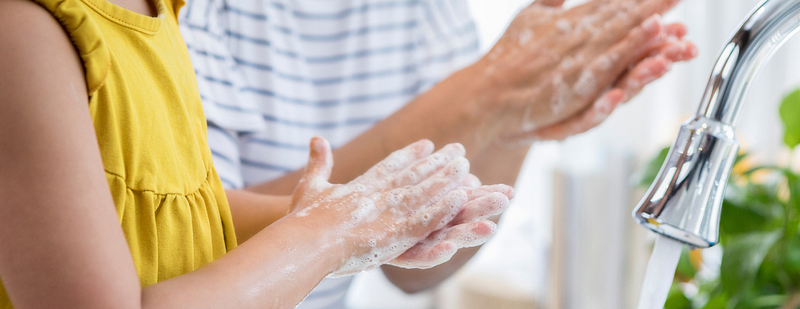What Should You Tell A Child About Covid-19?
Date Posted: 18/10/2020

How does your new everyday look like? As COVID-19 continues to unfold, it’s likely that kids also have questions and wondering what’s happening around them.
As parents, you would want to explain to your kids what the pandemic means without them feeling terrified or getting worried. Here is some advice that the Child Mind Institute gave for parents who would want to explain to their kids:
1. Let them ask questions. Kids are curious and interested. One way or the other, they can observe the changes around them. Their questions might range from innocent ones to important ones.
- Is Grandpa going to be okay?
- Will I get sick?
- Will my favourite ice cream shop still going to be open?
Whatever your child’s question would be, entertain and hear them out. Take their questions seriously. It is healthy for them to feel heard and at the same time, get fact-based information that’s more reliable than hearing it on a TV unsure of what it really means.
2. Be open to hard questions. If there are questions you can’t answer, don’t hesitate to answer them, “I don’t know.” You can be tempted to tell your child that things will be better soon, even though no one knows that. But then it helps to strengthen your child’s resilience by teaching them to accept uncertainty. This will help reduce their anxiety because there are a lot of things we really can’t control.

3. Setting the emotional tone. You are the one who’s able to filter out the facts that you see from the news to your child. If you’re afraid and worried, they’ll feel it.
4. Be developmentally appropriate. Know that your child is still a child. Don’t load them with too much information that it will become too overwhelming. Use words that they will understand and just share to them the right amount of data.
5. Be sensitive to their cues. Encourage your child to tell you anything that they hear about the coronavirus. Ask them how they feel. Provide a safe space where they can ask questions. The goal for this is that they’ll avoid frightening scenarios in their head.
6. Remember to deal with your anxiety. If you are feeling a bit anxious or scared, too, that probably means that it’s not the right time to talk to your kid. If you learned something upsetting or you know that it will just create worry in your child, calm down first. Relax, and when you’re ready, that’s the time you can answer your child’s questions.
7. Be reassuring. Kids tend to be egocentric. That means they will feel that it will most likely happen to them if they hear the news that a lot of people are getting the virus. When this happens, reassure your child that as long as you follow the safety protocols and be healthy, you’re unlikely to catch it.
9. Focus on staying safe and being physically healthy. To help kids cope up with the situation, always remind them about the safety precautions that your family is taking. From a child psychologist in Child Mind Institute, Jamie Howard, PhD says that kids are empowered when they know the ways to keep themselves safe.

10. Remind your kids always to wash their hands. This helps in stopping the spread of the virus. Let your child participate in the family’s safety plan. That could look like choosing masks for the family, looking for a 20-second song when the family is washing their hands.
Kids are more resilient than we know. They are smart, and they are good at coping with situations. As parents, the best thing to do is just to guide them and be a role model of strength, especially during this uncertain time.
- Talking to Kids About the Coronavirus Crisis
- Coronavirus (COVID-19): How to Talk to Your Child
- How to talk to your child about coronavirus disease 2019 (COVID-19)


